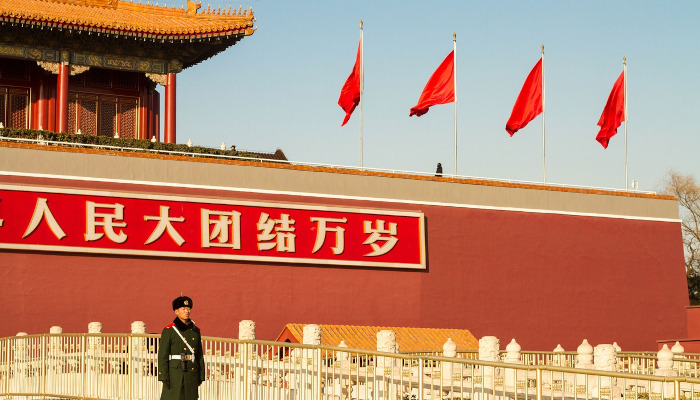
A game of reality and shadows, both true and both tricks for the eye of the beholder, was playing out in Beijing as Chinese President Xi Jinping welcomed Vladimir Putin, his Russian counterpart.
No pomp was spared. Putin walked along red carpets that stretched across many of the 80 acres of Tiananmen Square. The central meeting was held at the Chinese leaders’ residence, the new Forbidden City, Zhongnanhai, where Xi and Putin hugged.
All of this made a stark contrast to the recent, unceremonial meeting in Beijing with US Secretary of State Antony Blinken, who was afforded no red carpets or hugs.
The images, coupled with emphatic music on both Chinese and Russian TV, were meant to show domestic and international audiences that bilateral ties are strong and stable and that America, the elephant in the room, must tread carefully.
However, another message may be less evident to non-Chinese audiences—China is the big brother, and Russia is the smaller one. About 75 years ago, when Mao announced the foundation of the People’s Republic of China (PRC), China was the minor brother, and Russia was the dominant one. Russian arms, equipment, and troops had enabled the Red Army to defeat Chiang Kai-shek’s KMT nationalists. The PRC then received extensive support and advice to rebuild the country practically from scratch. The architecture of Tiananmen Square, designed to be larger than the Red Square in Moscow, is a testament to those years.
Now, the roles are reversed. Without Chinese trade and industrial support, Russia would have already succumbed to the strains of the war in Ukraine. Putin’s political survival and Russia’s future depend on the goodwill of the PRC. Xi has achieved what Mao did not—becoming more prominent and stronger than Russia. Xi’s domestic message for China’s future is powerful: under his leadership, the PRC can achieve what even Mao could not. Nobody in China or Russia can ignore that the miraculous Chinese rise occurred with American help, and it is unclear to the Chinese themselves if they can carry on with their rise without the US.
Yet, during those years, Mao chafed under Stalin’s thumb. Similarly, Putin might not be happy to beg and haggle for China’s support, especially since, unlike 75 years ago, the PRC and Russia both maintain open channels for talks with the US, each with very different agendas concerning Washington.
This creates massive, objective fissures between the two countries. China needs a trade surplus, which it gains through commerce with America and other G7 countries. Therefore, it cannot afford to be sucked into a war it cannot control, such as the one in Ukraine. China doesn’t want Russia defeated, it doesn’t want it to flip siding with the US, and it may not want the war to drag on too long, poisoning all international trade and diplomacy.
President Xi, who traveled to Europe just a week ago, sought to build bridges with the EU and France on Russia’s opposite side of the Ukrainian conflict. Blinken made no secret of his pressure on China to limit its support for Russia’s war, and Beijing cannot simply ignore US requests.
Russia has different priorities. Trade with the West is not its main concern. It wants either a settlement guaranteeing Putin’s survival or a continuation of the conflict, possibly bolstered by confidence in the potential election of Donald Trump as US president, a presumed ally of Putin.
Therefore, it is unlikely that China and Russia are candidly sharing information about their talks with the US. Standard practices of prudence would suggest that neither should trust the other entirely.
Rational prudence or sentimental enthusiasm
As their priorities are not fully aligned. In that subtle layer of prudence, differing intentions can drive countries in very different directions.
Over 80 years ago, when roles were reversed, Mao gained power in the CCP (China’s Communist Party) by playing the Russian and American cards in competition. After all, Mao’s enemy, Chiang’s KMT, also engaged with both Russians and Americans.
The game worked for Mao, but after he took Beijing, Stalin put Mao on a tight leash, pushing him to fully oppose the US by assisting North Korea, fighting Americans in the South, and abandoning plans to liberate Taiwan. Consequently, for about 20 years, the US stopped talking with China.
Now, Xi does not have the same leverage over Putin, and Putin may want to avoid giving Xi such power.
Alexander Dugin, Putin’s favored philosopher, stated in an interview with the Chinese press:
“China is not just a part of Western capitalist, liberal, economic, and political system, but it’s already out of this system. China participates in it, it’s connected with it, but it is a totally independent pole, a sovereign and civilizational state. So, there is no question about China representing such a sovereign pole and pillar of multipolar world order.
The other pillar is Russia. When these two pillars of a multipolar world are meeting and communicating, it’s to show the will to continue to build this multipolarity with the two most important instances of it. The world today is not unipolar anymore, so the hegemony of the Western power is over”.[i]
Dugin, previously a proponent of white supremacy over the yellow peril, carefully claims that Russia is a distinct pillar separate from China, though they share a common cause against America. Still, both countries engage with the US and seek different things from Washington. The actual differences in their agendas are known only to the US. This is a flimsy foundation for true friendship. Will this friendship hold, or will Russia betray China to avoid being betrayed first, or vice versa?
It has happened before; why not now? Furthermore, democracies need time and public consensus to make a political volte-face, which is never easy. Authoritarian countries can change course overnight at a leader’s whim. Both Xi and Putin could turn the tables and strike a deal with the US that cuts the other out. It has happened before. Thus, complete confidence is impossible. In rational terms, both China and Russia may have more objective reasons to trust America than each other.
However, politics is not just rationality, especially in intensely sentimental countries like Russia or China. Their friendship is real—the red carpet and the hugs are not mere fiction. Their feelings could prevail over any cold calculation.
Time, opportunities, and American diplomacy will reveal which side will carry the day—the suspicion or the attraction, the reality or the shadow. And yet, what is reality and what shadow?





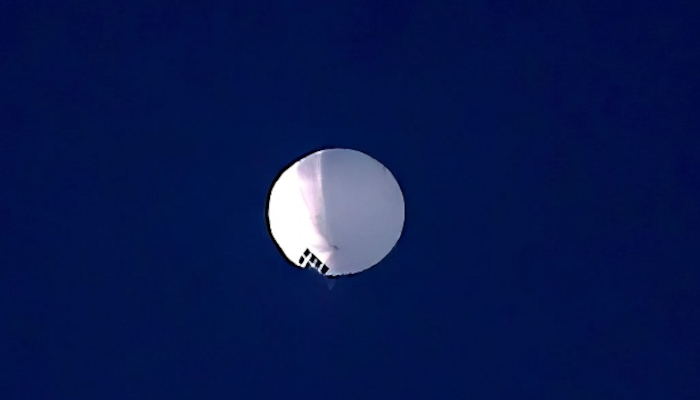
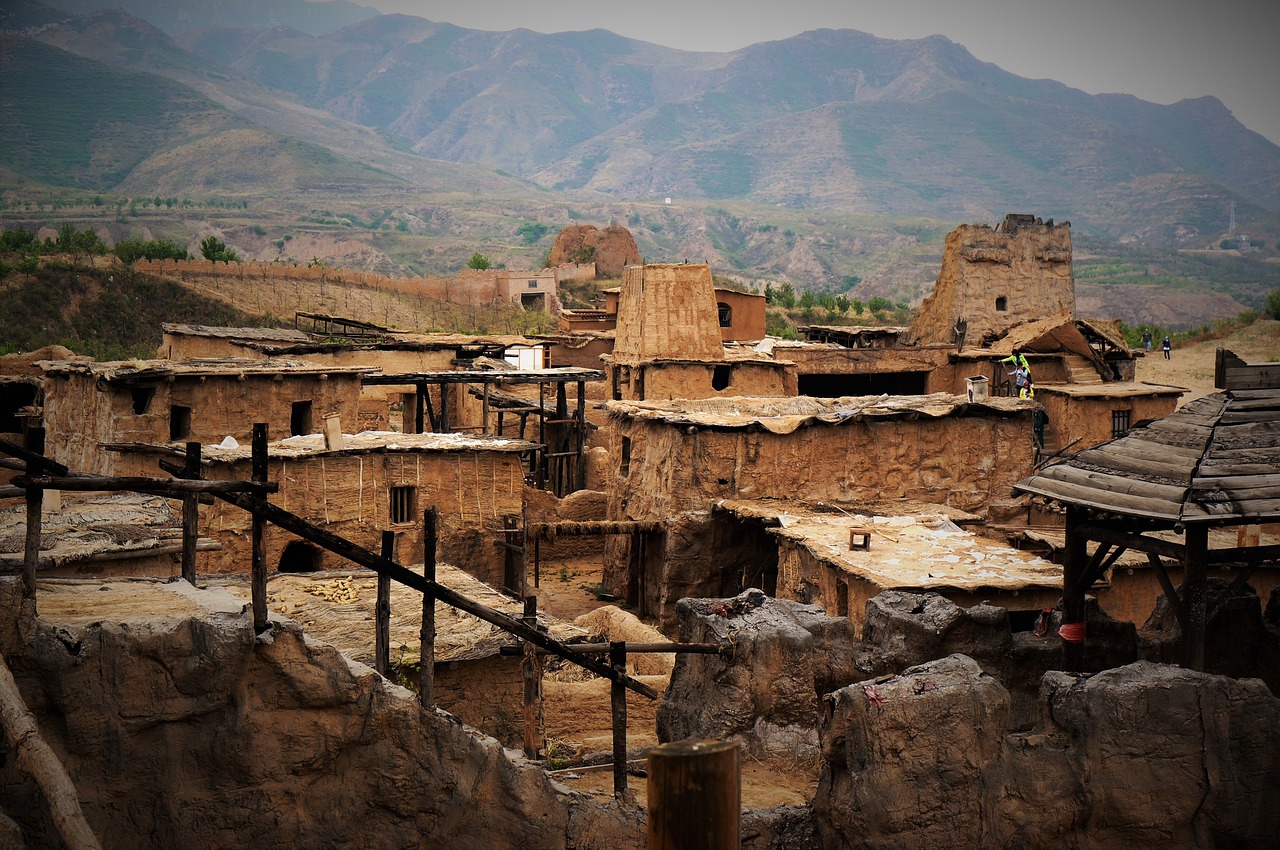
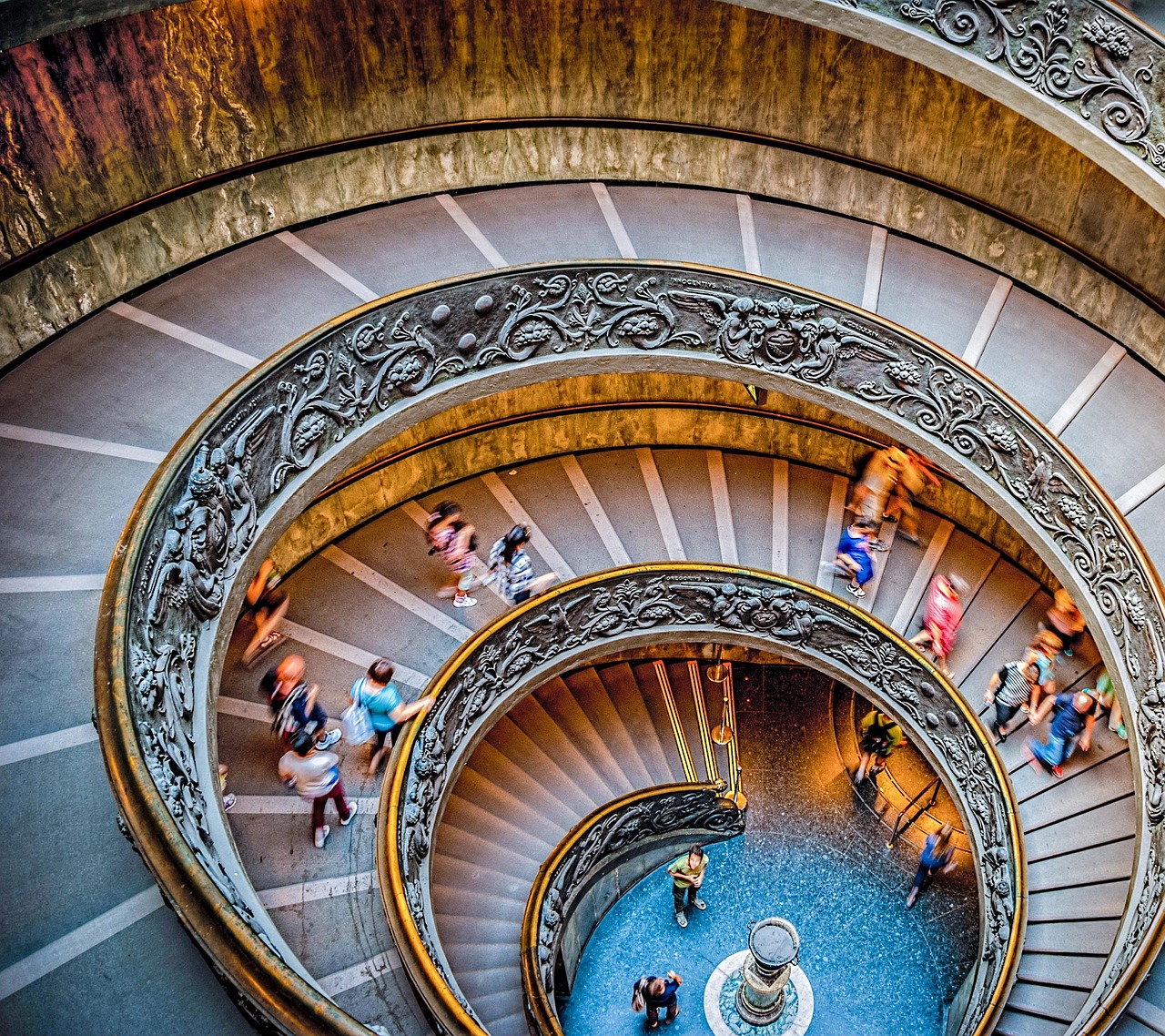
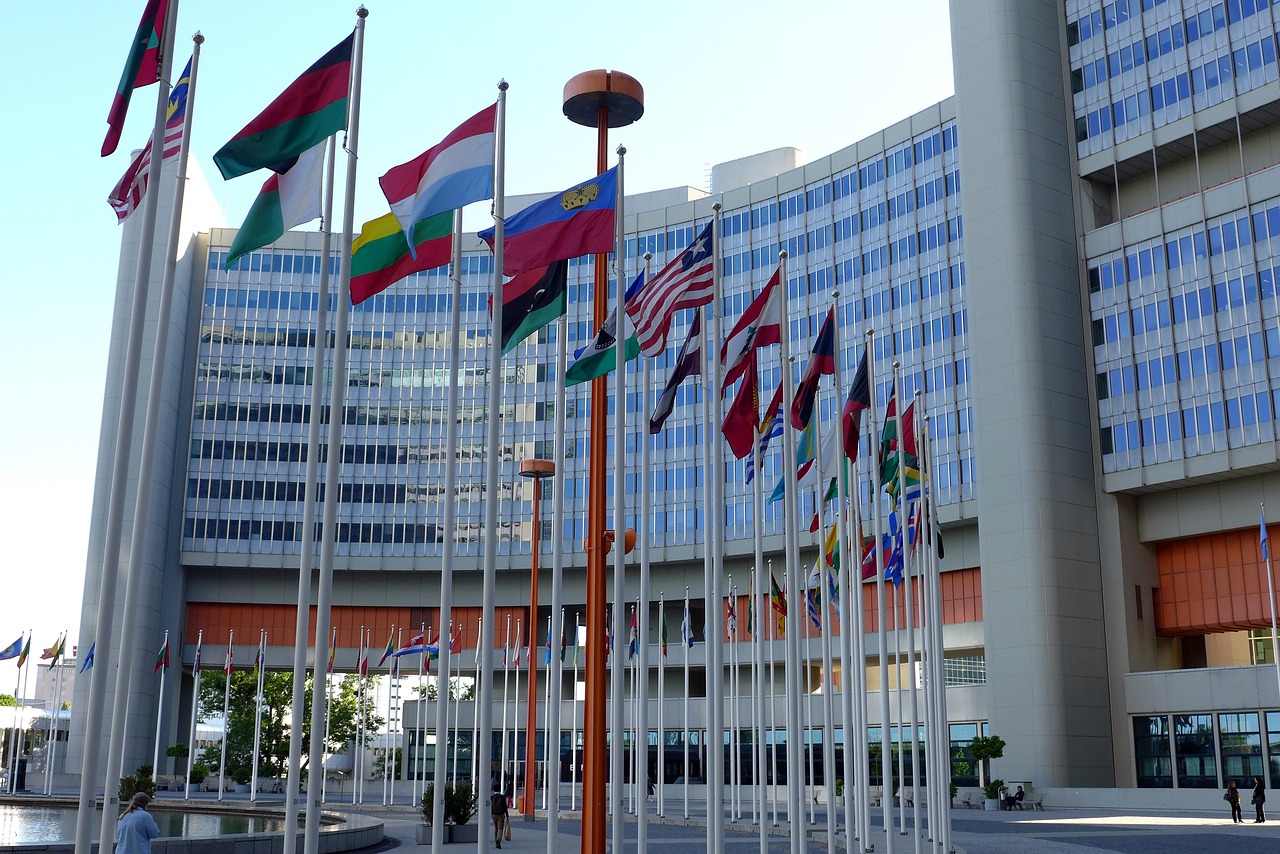

Xi and Putin: a game of reality and shadow - SettimanaNews